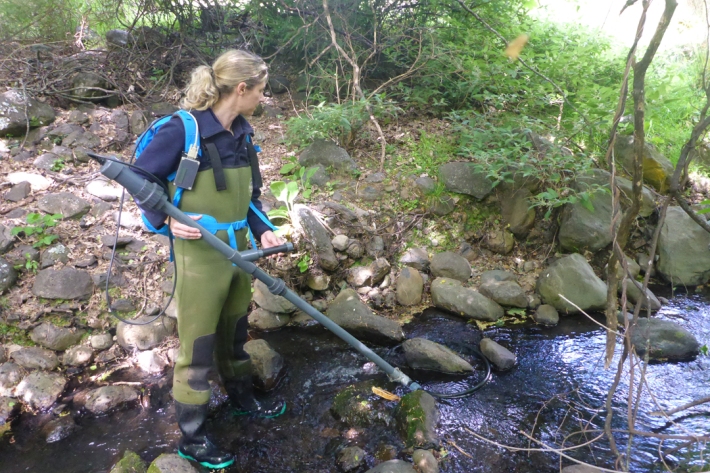-

2013 - Kaikoura tsunami risks
News article22 March 2013Surveying work carried out by NIWA scientists this week is helping provide new insights into the tsunami risk from undersea landslides in the Kaikoura Canyon. -

Improving access to NIWA's climate data - Summer of eResearch 2012
Summer of eResearch 2012 has funded a project to prototype an open, readily-accessible web interface for NIWA's National Climate Database, which collects and stores all of the information collected by NIWA's network of climate sensors and stations. -

Ecosystem influences on snapper
Research ProjectNIWA has a number of projects that are allowing us to better understand the interaction between snapper and their environment over their life cycle. -

Understanding past changes in the Southern Ocean
Research ProjectThe Southern Ocean has a strong influence on New Zealand and global climate. To understand how the oceans have changed over 1000s of years we use sediment archives from the seafloor. -

Mapping our freshwater biodiversity
Research ProjectThe ability to properly manage our freshwater resources requires a solid understanding of the flora and fauna which live in and interact with them. -

Acoustic and radio telemetry
Radio and acoustic tracking of fish (or any animal) allows the movement and activity of animals to be recorded over the life of the transmitter (battery size dependent). -

PIT tagger
Passive Integrated Transponders (PIT) are used to tag fish (or any animal) for life. -

Summer Series 7: Little squirts that hang out around the coast
News article12 February 2013

